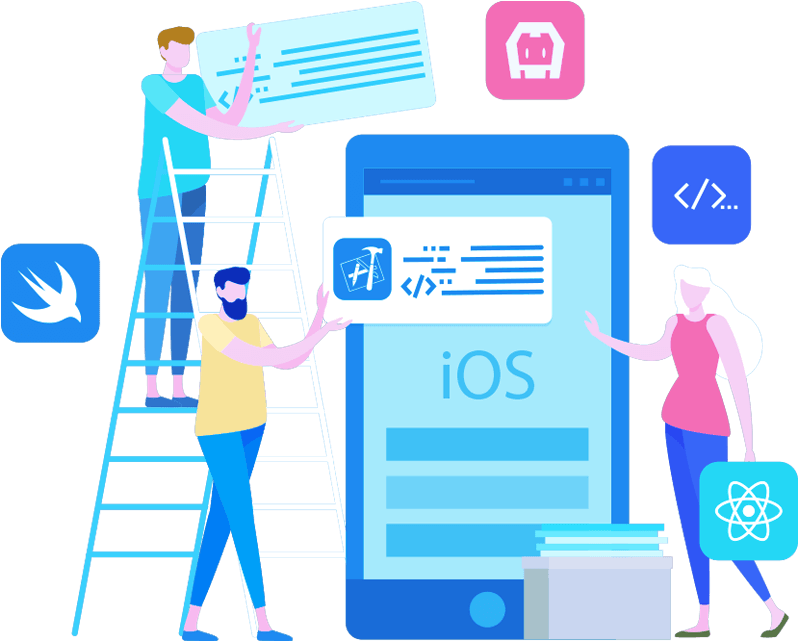Ios App Development
In today's highly connected world, mobile applications have become an essential part of our daily lives. The App Store, operated by Apple, is the world's largest platform for distributing mobile applications for the iPhone, iPad, and iPod Touch. The App Store has over 2 million apps and continues to grow, providing users with a vast array of choices to meet their needs.
The development process for iOS apps typically requires a Mac computer running the latest version of Xcode, which is the Integrated Development Environment (IDE) used for iOS app development. Xcode provides developers with the tools and resources necessary to build, debug, and optimize their apps. In addition to Xcode, developers must also have an understanding of programming languages such as Swift or Objective-C.

The iOS operating system provides a robust set of frameworks and technologies to support app development. For example, the UIKit framework provides the necessary tools to build user interfaces, while the Core Data framework provides support for managing app data. Developers also have access to a range of APIs, including APIs for location-based services, media playback, and access to hardware components such as the accelerometer, camera, and microphone.
Design is a critical aspect of iOS app development. Apple places a strong emphasis on the user experience and sets high standards for app design. To ensure a consistent user experience, Apple provides detailed guidelines for app design, known as the Human Interface Guidelines. These guidelines cover everything from navigation and layout to typography and color.
Another important aspect of iOS app development is testing. Apple provides a suite of tools to help developers test their apps, including an iOS Simulator, which allows developers to run their apps on a virtualized version of the iOS operating system. In addition, developers can also use services such as TestFlight to distribute beta versions of their apps to users for testing purposes.
When it comes to monetizing an iOS app, there are several options available to developers. The most common monetization models include charging for app downloads, offering in-app purchases, and displaying advertisements. Developers can also use a combination of these models to maximize revenue.
In conclusion, iOS app development is a complex and challenging process that requires a strong understanding of the iOS operating system, programming languages, and design principles. However, the opportunities for creating innovative and engaging apps for the iPhone, iPad, and iPod Touch are virtually limitless. With over 2 million apps available in the App Store and hundreds of millions of iOS devices in use worldwide, there has never been a better time to get involved in iOS app development.